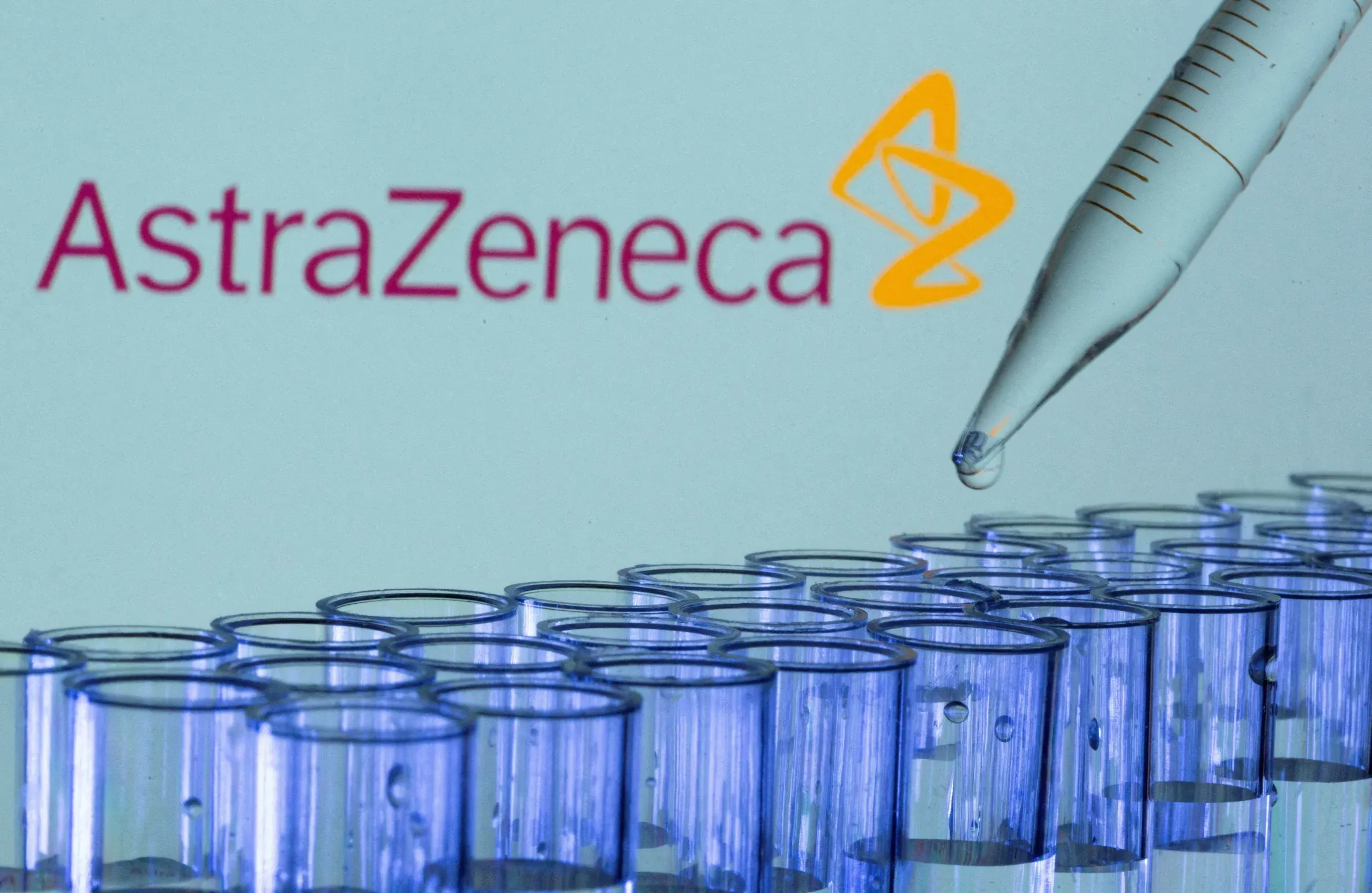
By Yadarisa Shabong
(Reuters) -AstraZeneca said on Tuesday it will buy clinical-stage biopharmaceutical company Fusion Pharmaceuticals Inc for about $2 billion in cash as the Anglo-Swedish drugmaker bets on next-generation cancer treatments.
The deal is AstraZeneca’s second this month after it agreed last week to buy Amolyt Pharma for $1.05 billion to shore up its rare disease portfolio.
The drugmaker will pay $21 per Fusion share, a premium of more than 97% to the U.S.-listed company’s closing price on Monday.
Fusion is developing “next-generation” radioconjugates (RCs) to treat cancer.
RCs deliver a radioactive isotope directly to cancer cells through precise targeting using molecules and have emerged as a promising modality in cancer treatment over recent years, AstraZeneca said.
Fusion’s most advanced programme is the FPI-2265, which is currently in a mid-stage trial to treat patients with metastatic castration-resistant prostate cancer.
“Between 30 and 50% of patients with cancer today receive radiotherapy at some point during treatment, and the acquisition of Fusion furthers our ambition to transform this aspect of care with next-generation radioconjugates,” said Susan Galbraith, executive vice president, Oncology R&D at AstraZeneca.
Radiotherapy and chemotherapy have been the mainstays of cancer treatment for decades.
AstraZeneca has been working on other approaches to develop more targeted cancer treatments, including antibody-drug conjugates (ADCs) and RCs.
The U.S. Food and Drug Administration (FDA) first approved ADCs in 2000 and radioconjugates in 2018.
AstraZeneca will also pay a non-transferable contingent value right of $3 per share, taking the combined transaction value to about $2.4 billion.
Fusion announced in January that it has aligned with the FDA on its submitted Phase 2/3 protocol for FPI-2265, with a Phase 3, or late-stage, registrational trial expected to begin in 2025.
(Reporting by Yadarisa Shabong in Bengaluru; Editing by Savio D’Souza, Mrigank Dhaniwala and Susan Fenton)


